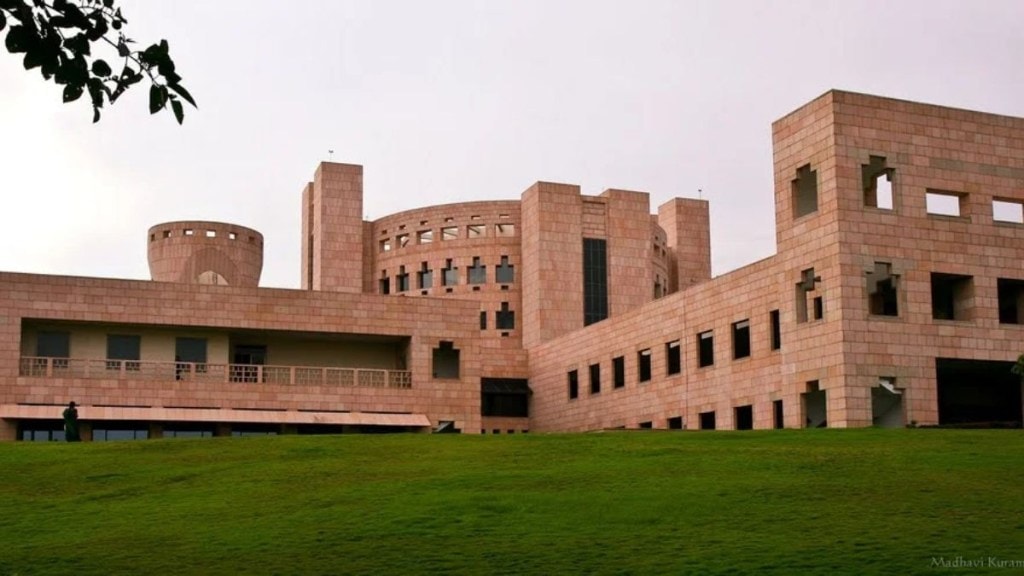Even though the graduate management education (GME) programmes worldwide witnessed a 7% rise in applications in 2025, Indian B-schools attracted a larger pool of global management students with 26% rise in international applications, according to the latest annual application trends survey by graduate management admission council (GMAC), an association that conducts hugely-popular GMAT exams.
“International application growth was particularly strong in India, East and Southeast Asia (up 42%), highlighting the success of their business schools in marketing strategies and reputational gains,” the survey said.
However, the survey pointed out that domestic applications to programmes in India surged as well which means Indian students who appeared for Graduate Management Admission Test (GMAT) exams were interested in pursuing the management education in India.
“This tracks with several years of data from the GMAC prospective students survey, which has found that Indian candidates are increasingly interested in pursuing GME within the country instead of moving abroad,” it said.
Notably, major GME hubs such as the US, Canada, and the UK experienced application contractions in 2025 as their tighter visa policies through direct or indirect means, inflation, and labour market uncertainty discouraged international applicants. “While US programmes recorded a slight one-point decrease, in Canada and the UK, the drop was pronounced, with 84% of Canadian programmes and two-thirds of UK programmes reporting fewer applications,” the survey said.
Another trend highlighted in the survey is the emergence of management programmes in Europe – barring the UK. This is in line with the shift in the students’ preference from the “Big Four” destinations to countries like Germany, Italy, and The Netherlands, France and Sweden. This shift is primarily fuelled by the flexible immigration policies, affordability, clearer career pathways, and rising job opportunities in these European destinations.
“On average, 33% of applications to programmes in Europe (excluding the UK) came from “domestic” candidates in 2025, with 42% of candidates applying to programmes in this region came from international locations outside of Europe,” the survey said.
Joy Jones, CEO at GMAC said that the next era of business education is being reshaped by changing student and employer expectations, challenging geopolitics, and new skill demand prompted by technologies like AI. “While some regions and programme offerings might face serious headwinds, this year’s application growth gives strong evidence that business schools are quickly adapting to these dynamics through innovative curricula and industry-aligned experiences, positioning themselves for long-term relevance,” she said.
Despite more international applications appearing to flow into India and greater China, these places remain large exporters of GME talent. “India was the most common top source of international applications for programmes in East and Southeast Asia, Asia (excluding greater China and India), Europe (excluding the UK), and the US. Greater China was the top source of international talent for programmes in Canada and the UK,” the survey stated.

